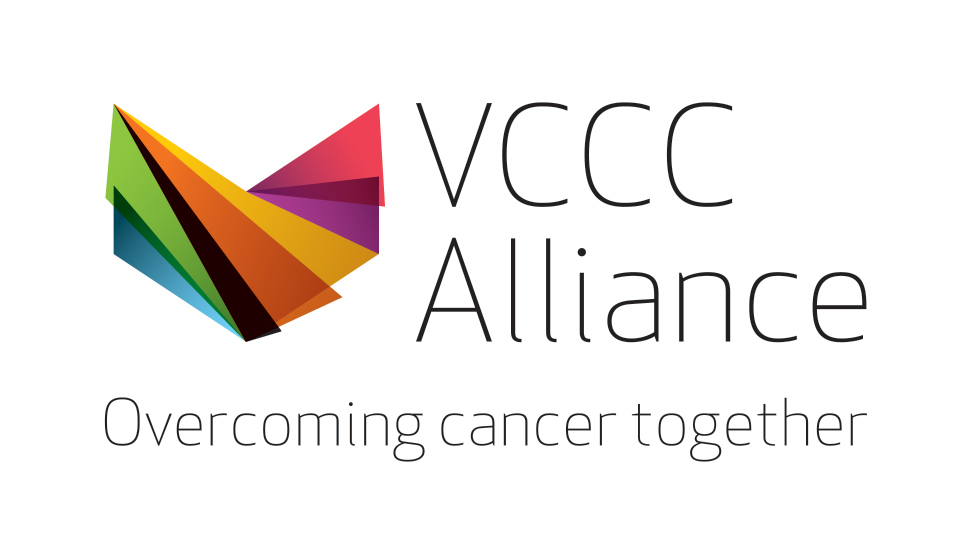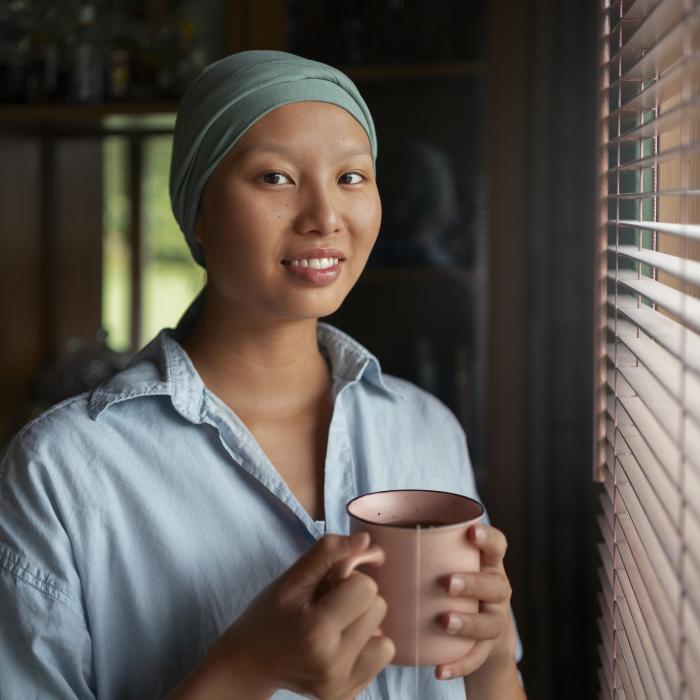Monday Lunch Live
Cancer Culture – A Humanities Approach
16 September 2024
The first of a two-part series, this webinar explores what a humanities approach can bring for a better understanding of the myths, messages and medical knowledge in Australian cancer control.
Speakers will report on new methodologies and early findings that are helping to understand the connection between medical research, advocacy, government policy and behavioural change.
How do we change culture to improve public health?
This is the first of two sessions bringing together researchers from the “Cancer Culture” project led by the University of Melbourne and Cancer Council Victoria, funded by an Australian Research Council Linkage Grant, with collaborators from Deakin and Flinders Universities.
Speakers will report on new methodologies and early findings which are helping to understand the connection between medical research, advocacy, government policy and behavioural change. In this webinar, we will hear about the following topics:
-
The science-advocacy-policy chain
-
Tobacco, migrants and public health in Australia
-
The establishment of the Peter McCallum Cancer Centre
-
Early detection as prevention
Chair
Professor Andrew J May
Social Historian and Professor of Australian History, School of Historical and Philosophical Studies, University of Melbourne
Andrew is a social historian with expertise across Australian urban history, colonialism in north-east India, and digital techniques in the humanities, with broader critical and applied interests in cultural heritage and public history. As an urban historian, he has published widely on the social experience of the Australian city, its public spaces and communal rituals, its suburban qualities, and its cosmopolitan cultures.
Speakers
Professor Alan (Rob) Moodie AM
Deputy Head, School of Global and Population Health, the University of Melbourne
Prof Moodie brings a unique perspective to this project as a scholar and a public health expert with extensive experience in policymaking and advocacy at local, state, national and international levels, especially in tobacco control and the prevention of skin cancers. He has had a distinguished international career that includes being VicHealth CEO (1998-2007), the world’s first health promotion foundation based on a dedicated tobacco tax; chairing the National Preventative Health Taskforce (2008-11); working in refugee health care in Africa and indigenous health in Central Australia (1982-88)' and on HIV prevention at WHO’s Global Programme on AIDS.
Professor Andrekos Varnava
British Imperial and Colonial Histories, Flinders University, South Australia; Honourary Professor in History, De Montfort University, Leicester UK
Prof Varnava has authored four monographs: Assassination in Colonial Cyprus in 1934 and the Origins of EOKA (Anthem Press, 2021); British Cyprus and the Long Great War, 1914-1925: Empire, Loyalties and Democratic Deficit (Routledge, 2020); Serving the Empire in the Great War: The Cypriot Mule Corps, Imperial Loyalty and Silenced Memory (Manchester University Press, 2017); and British Imperialism in Cyprus, 1878-1915: The Inconsequential Possession (Manchester University Press, 2009). He has edited/co-edited 14 collections, most recently: New Perspectives on the Greek War of Independence: Myths, Realities, Legacies and Reflections (Palgrave, 2022); Exiting War: The British Empire and the 1918-20 Moment (Manchester University Press, 2022); After the Armistice: Empire, Endgame and Aftermath (Routledge, 2021); Comic Empires: The Imperialism of Cartoons, Caricature and Satirical Art (Manchester University Press, 2019). He has published over 60 articles/chapters, including in English Historical Review (2017), The Historical Journal (2014), Journal of Modern History (2018), Historical Research (2014, 2017, 2022), Contemporary British History (2019), Social History of Medicine (2020), International History Review (2021), Immigrants and Minorities (2022), and Australian Historical Studies (2024).
Dr Carolyn Holbrook
Senior Lecturer in the Contemporary Histories Research Group, Deakin University; Director of Australian Policy and History
Dr Holbrook's latest book, Lessons from History: Leading Historians Tackle Australia's Greatest Challenges (NewSouth), edited with Lyndon Megarrity and David Lowe, was published in July 2022. Previously, she has written about how we remember the First World War in Anzac: The Unauthorised Biography (New South, 2014) and The Great War: Aftermath and Commemoration (UNSW Press, 2019), the latter edited with Keir Reeves.
Thomas Kehoe
Historian and Head of Heritage, Cancer Council Victoria; Research Fellow, School of Historical and Philosophical Studies, the University of Melbourne
Tom is a lead industry-based investigator on the Australian Research Council Linkage grant ‘Cancer Culture’ (2022-2025) led by Professor Andrew May, which explores the history of public health campaigns to control tobacco and skin cancer in Australia. He has far-reaching research interests in governance and institutions, and has published two monographs, The Art of Occupation (Ohio University Press, 2019) and Cancer Data for Good (Palgrave, 2022), and two edited collections with Bloomsbury (2020) and Emerald (2021). He has also published in a range of high-ranking journals, including the Journal of Interdisciplinary History (2016), Business History (2019), Social Science History (2020), the European Journal of Criminology (2022), and most recently Health Promotion International (2023).
Part One
Resource details

This course is brought to you by


